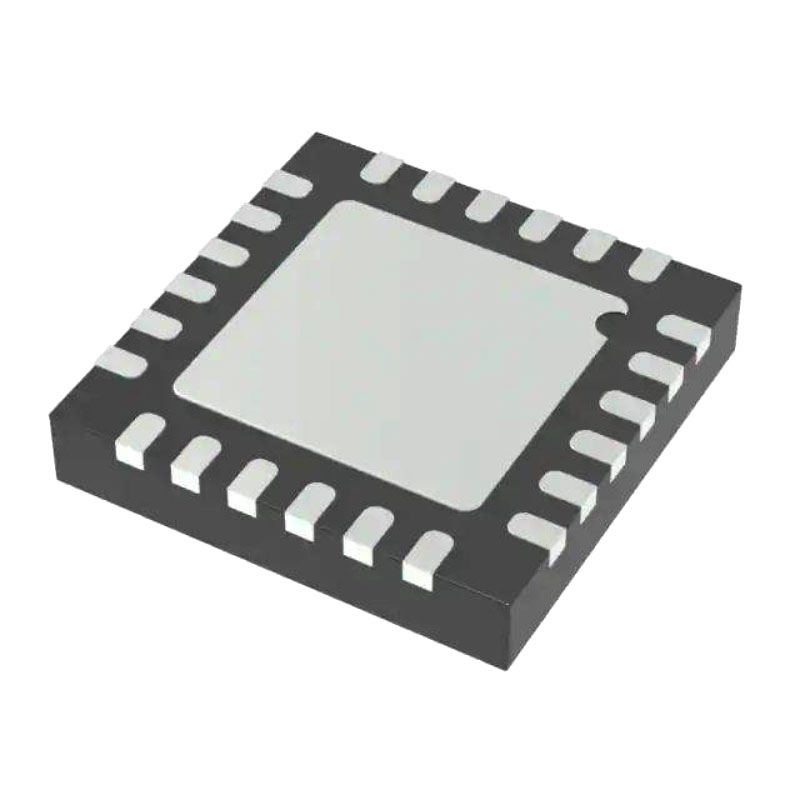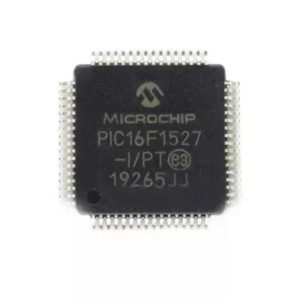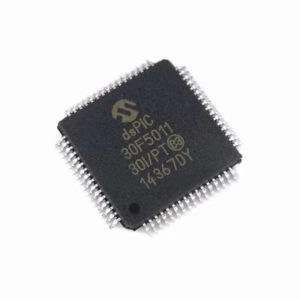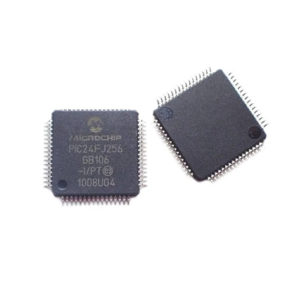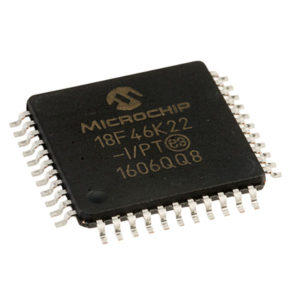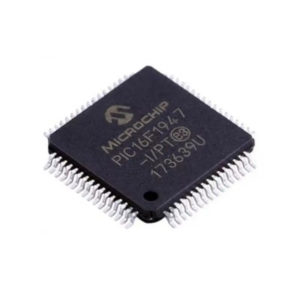XMC1302Q024X0032ABXUMA1
| Manufacturer | Infineon Technologies |
| Description | IC MCU 32BIT 32KB FLASH 24VQFN |
| Category | Integrated Circuit |
| Package | QFN-24 |
| Status | New & original |
| Ship From | HK/SHENZHEN |
| Stocks | 10,000 |
Please submit your BOM List or Input the part online
Description
The XMC1302Q024X0032ABXUMA1 microcontroller is a specific variant of the XMC1000 family of microcontrollers from Infineon Technologies. The XMC1000 series is designed for various industrial and consumer applications. Here is some information about this microcontroller variant:
1. Microcontroller Core: The XMC1302Q024X0032ABXUMA1 microcontroller is based on the ARM Cortex-M0 core. The Cortex-M0 core offers a good balance between processing power and energy efficiency, making it suitable for a wide range of applications.
2. Peripherals and Interfaces: This microcontroller variant typically includes a variety of peripherals and interfaces, such as UART (Universal Asynchronous Receiver/Transmitter), SPI (Serial Peripheral Interface), I2C (Inter-Integrated Circuit), ADC (Analog-to-Digital Converter), PWM (Pulse-Width Modulation), timers, and more. These features enable communication, control, and data acquisition in industrial and consumer systems.
3. Memory and Storage: The specific memory size of the XMC1302Q024X0032ABXUMA1 microcontroller variant may vary. However, it typically includes flash memory for program storage and SRAM (Static Random-Access Memory) for data storage.
4. Power Efficiency: Like other members of the XMC1000 family, the XMC1302Q024X0032ABXUMA1 microcontroller is designed with a focus on energy efficiency. This makes it suitable for applications that require low power consumption, such as battery-operated devices or systems with power constraints.
5. Development Tools: Infineon provides a comprehensive set of development tools to support the programming and development of the XMC1000 microcontrollers. These tools include an integrated development environment (IDE), software libraries, and debugging tools. They help streamline the development process and facilitate efficient software creation.



















































